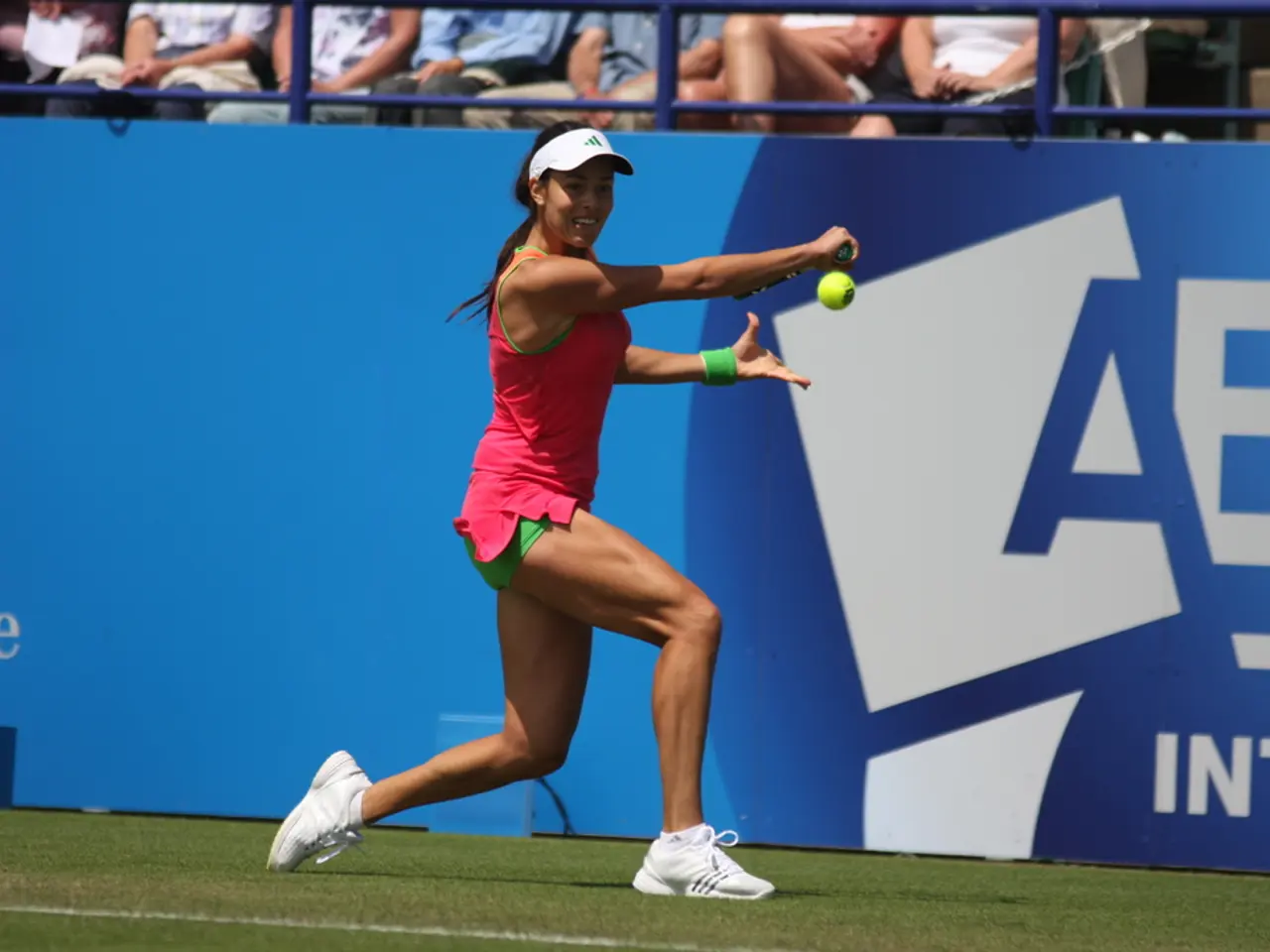Male competitor, mandated to race alongside females, lawsuit dismissed by judge appointed by Obama.
The Supreme Court of the United States has announced it will hear two landmark cases concerning transgender athletes participating in women's sports: West Virginia v. B.P.J. and Little v. Hecox. These cases challenge state laws that ban transgender girls and women from competing in sports consistent with their gender identity, raising questions about whether such bans violate Title IX and constitutional rights, including equal protection.
In West Virginia v. B.P.J., the Fourth Circuit ruled that West Virginia's ban on transgender girls in school sports violates Title IX and the Equal Protection Clause. The Supreme Court denied West Virginia's emergency request to bar a 12-year-old transgender girl from participating in middle school sports in early August 2025, allowing her to continue competing while the case proceeds.
Meanwhile, in Little v. Hecox, a transgender college athlete from Idaho was barred under Idaho's Fairness in Women's Sports Act. Lower courts, including the Ninth Circuit, have ruled in favor of the transgender plaintiff, Lindsay Hecox. The case questions the legality of Idaho's statewide ban on transgender women in girls’ and women’s sports.
Both cases will be heard during the Supreme Court's 2025-2026 term, with oral arguments expected during that term. However, as of August 2025, a specific decision date or final ruling from the Court has not yet been announced.
Elsewhere, the state of Pennsylvania defied President Trump's executive order on "Keeping men out of women's sports," allowing Luce Allen, a transgender girl, to compete in school sports. Allen won a girls' 200m race back in May, leading to a lawsuit against school and athletic officials, claiming her rights were violated due to competing against Luce Allen.
In a separate case, Aislin Magalengo, a high school girl from Quakertown Community High School, filed a lawsuit claiming her rights were violated due to competing against Luce Allen. However, a federal judge dismissed the lawsuit, citing that the Pennsylvania Interscholastic Athletics Association (PIAA) isn't federally funded and the other public school defendants couldn't have done anything to stop Luce Allen from competing.
Both the plaintiffs in the Idaho case and some of the plaintiffs in the Pennsylvania case hope to preserve opportunity, safety, and the ability of women to be safe in their sports. They argue that competition should be based on biology and criticize the judges for ignoring it.
The Supreme Court cases aim to preserve sex-based categories in athletics and will be argued this fall, with a decision expected by mid-2026. The legal battle over transgender athletes in women's sports continues, with the Supreme Court agreeing to hear these two cases.
- Despite the ongoing legal battle, a federal judge dismissed a lawsuit in Pennsylvania that argued a transgender girl's participation in school sports violated the rights of another student, stating that the Pennsylvania Interscholastic Athletics Association and other public school defendants couldn't have stopped the transgender girl from competing.
- In addition to the Supreme Court cases focusing on transgender athletes in women's sports, some plaintiffs in separate cases, such as those in Pennsylvania, argue that competition should be based on biology and aim to preserve sex-based categories in athletics for safety and fairness reasons.





